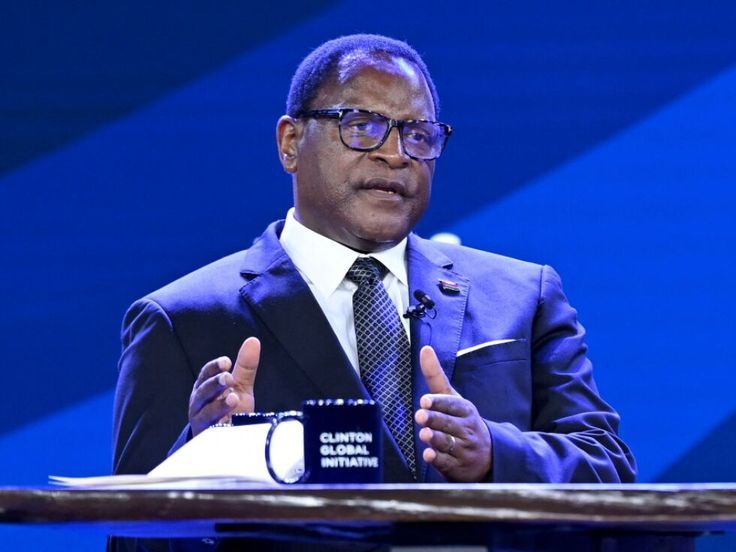
Growing discontent is sweeping across Malawi as citizens express frustration over President Lazarus Chakwera’s frequent international travels. The president, who has embarked on numerous trips abroad since taking office in 2020, is facing sharp criticism as the country grapples with an economic downturn and widespread poverty.
In recent months, Chakwera has been seen attending international conferences and meetings across Africa, Europe, and the United States, raising concerns about the cost of these trips to a struggling economy. According to government sources, these travels are aimed at strengthening diplomatic ties and seeking foreign investments. However, critics argue that the president's frequent absences are out of touch with the realities Malawians are enduring at home.
Rising Public Outcry
The issue has sparked public outcry, with many citizens questioning the necessity and frequency of the president's travels, especially at a time when Malawi is facing acute economic challenges. Inflation rates have soared, prices of essential goods like fuel and maize have skyrocketed, and the local currency, the Malawian kwacha, has depreciated sharply. Coupled with high unemployment rates and power shortages, these hardships have left many Malawians feeling abandoned by their leadership.
"The president seems to be more interested in traveling abroad than addressing the pressing needs of the country," said Martha Chizuma, a civil rights activist in Lilongwe. "We need leadership that stays here and faces the economic crisis head-on, not one that spends millions on travel while people are struggling to put food on the table."
Government Defends Travels
In response to the mounting criticism, the government has defended Chakwera's travel itinerary, stating that his trips are critical for Malawi’s long-term economic recovery. Presidential spokesperson Anthony Kasunda emphasized that the president’s engagements abroad are focused on securing aid and investment, which will benefit the country.
"The president is engaging with international partners to bring investments and economic relief to Malawi," Kasunda said. "These trips are not for luxury; they are about opening doors that will lead to job creation and infrastructure development."
Despite these assurances, many Malawians remain unconvinced. Opposition leaders have been particularly vocal in denouncing the travel expenses, with some members of parliament calling for an audit of the costs associated with the president’s international trips.
Economic Struggles at Home
For many citizens, the president's frequent absences underscore a broader sense of disconnection between the government and the people. Malawi’s economy has struggled with rising public debt, low industrial output, and a fragile agricultural sector that has been hit hard by climate change. The government’s failure to address these issues has led to increasing public disillusionment.
"Malawi is at a critical juncture, and we need leadership that is present and accountable," said Kondwani Nankhumwa, leader of the opposition Democratic Progressive Party (DPP). "Instead of globe-trotting, the president should be working on solutions to the problems we are facing."
Protests Brewing
As discontent grows, some citizens are taking to social media and community forums to organize protests, demanding that Chakwera cut back on his travels and focus on domestic issues. Analysts warn that the government may face more significant unrest if immediate steps are not taken to address the economic challenges and respond to the public's frustrations.
With elections looming in 2025, the president’s frequent travels could become a major talking point, as opposition parties capitalize on the growing dissatisfaction.
In the face of public anger, whether President Chakwera will alter his approach remains to be seen. But for many Malawians, the hope is that the president will prioritize the nation’s economic recovery over international diplomacy in the months to come.